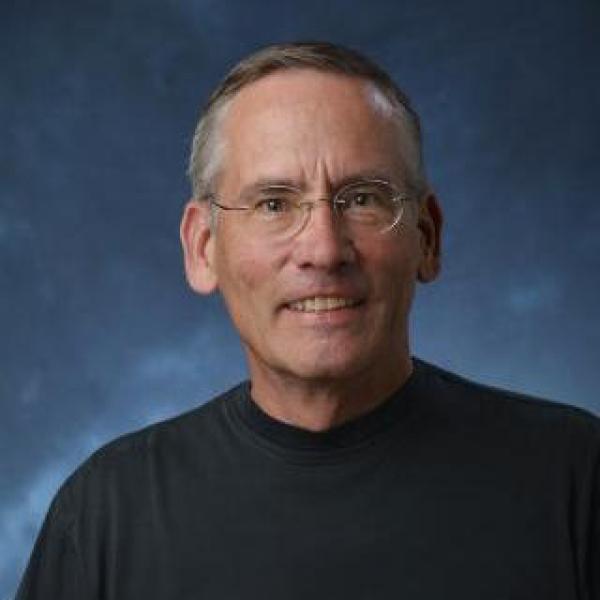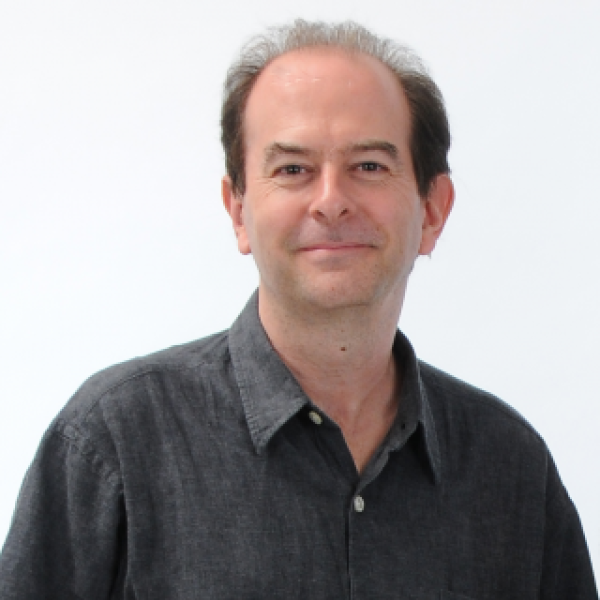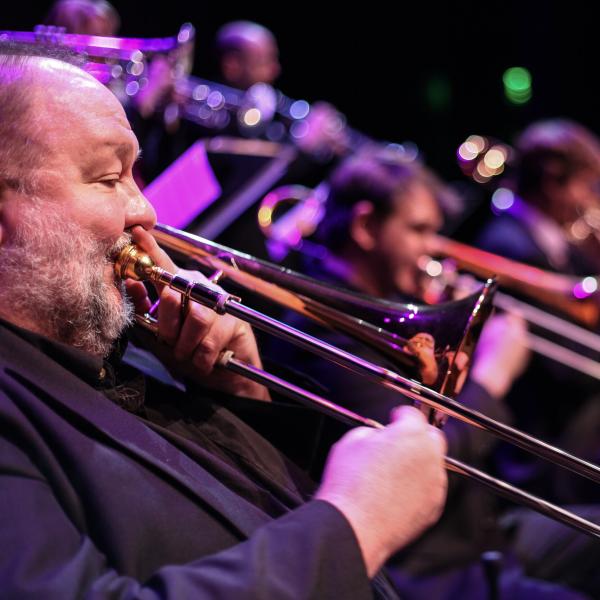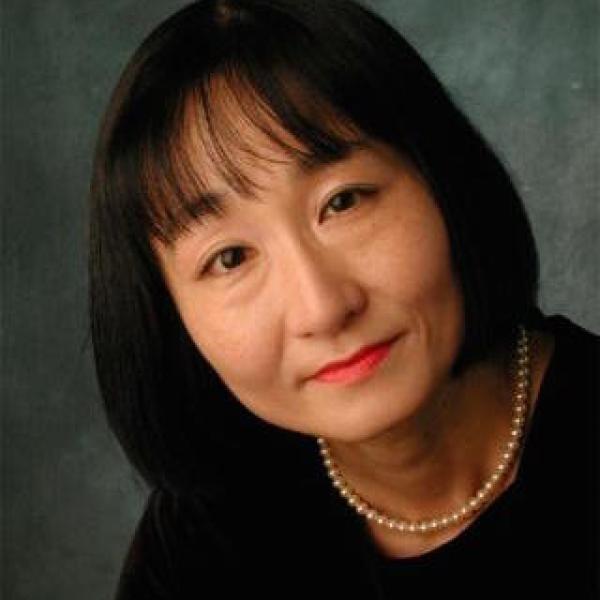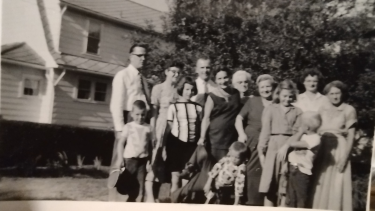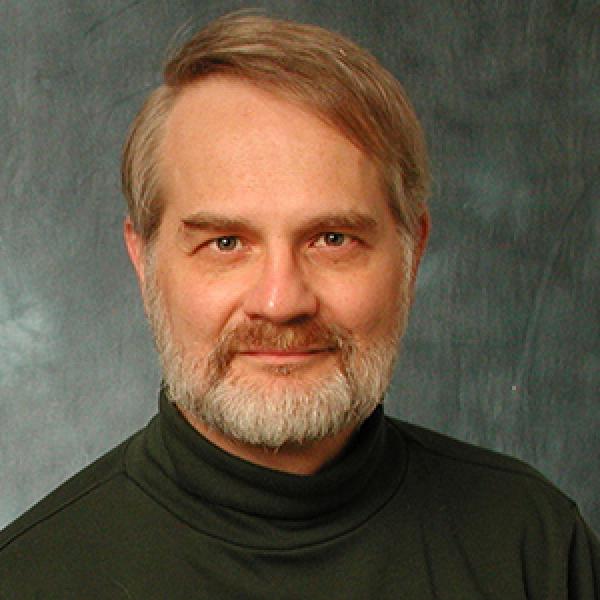Mutsumi Moteki—Professor of Vocal Coaching, Berton Coffin Faculty Fellow
When I first came to Boulder for my interview in April 1994, I could see myself living in this charming college town near the foothills of the Rocky Mountains. Since that first visit, I have been very fortunate to have made the CU Boulder College of Music my home for the past 31 years.
The best thing about my job was having wonderful colleagues and supportive staff members. From the beginning, voice studio teachers trusted me to coach their students in any way I wanted and esteemed opera faculty members—Dennis Jackson (stage director and program director) and Bob Spillman (opera conductor as well as piano professor)—treated me like their equal.
Since there was no collaborative piano program back then, Bob and I were the collaborative pianists at the College of Music and I had many opportunities to perform with other faculty members, vocal and instrumental. Making music regularly with Patrick Mason, Patti Peterson, Julie Simson, Erika Eckert and others in my early days gave me lots of wonderful experiences and tremendous joy.
And, of course, the students! I didn’t have my own studio, but I taught almost all voice majors; they were all “my” students. As an educator, there is nothing more rewarding than witnessing the students’ progress: Many of our voice alumni became very successful in the performing field and/or in academia. Some of them found great ways to continue music while holding other jobs and/or raising families. Some others found totally different paths to explore their various talents.
My wish for my students is for them to remember that finding happiness—a happy place in one’s life—is far more important than making lots of money or becoming famous. And I hope their happy place always includes beautiful music.
Photo: Moteki, front-center, models the ‘ah’ vowel with students at a CU Boulder Chamber Singers rehearsal last fall. Also pictured, front-right, is Coreen Duffy, associate professor of conducting + director of choral activities.




